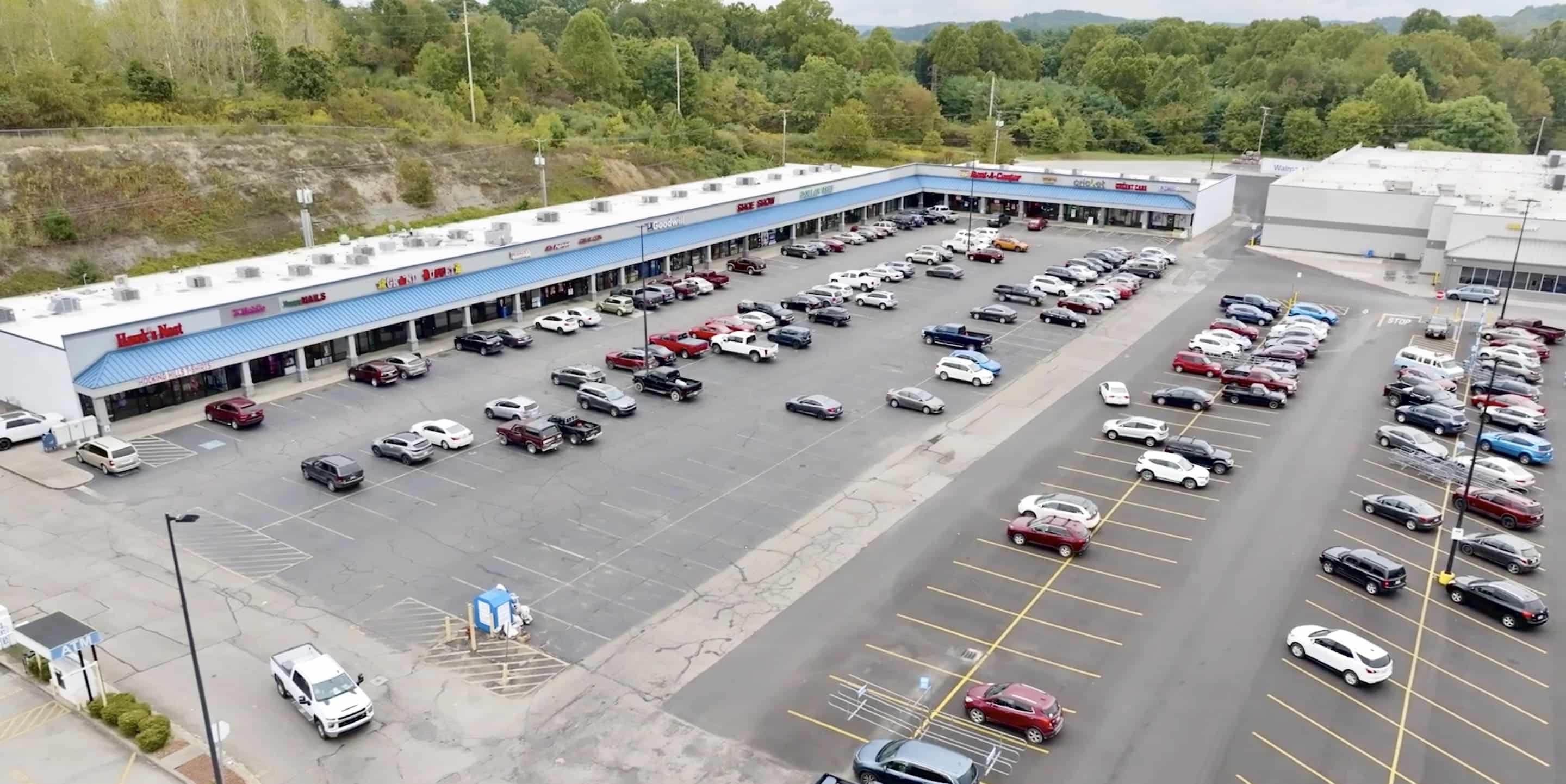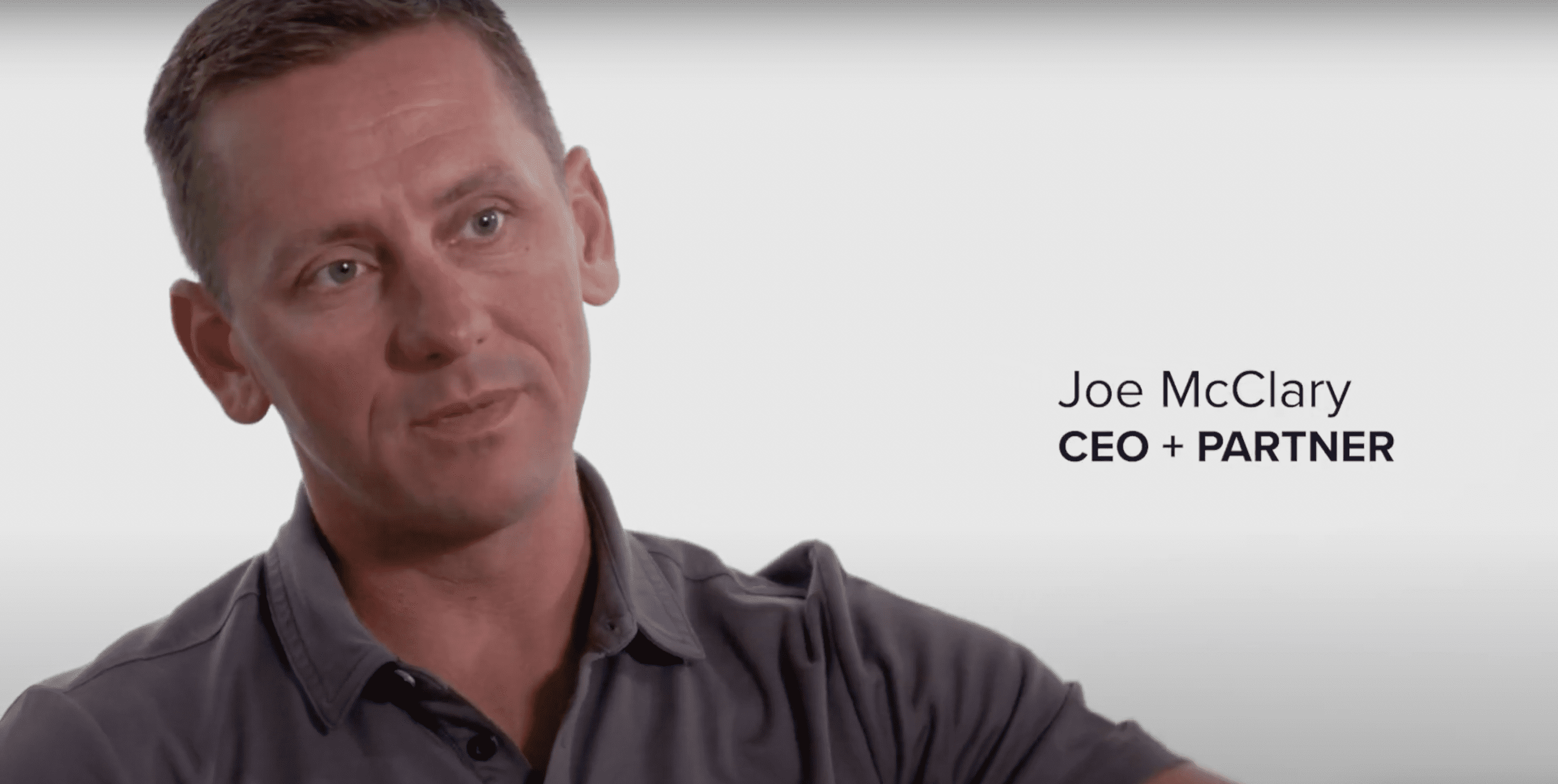The Unsexy Strategy that Created an Asset Class of Our Own

Introduction
At Midwest Retail Properties (MRP), our real estate journey didn’t take the conventional path. Our approach was not grandiose or ostentatious; it was practical, rooted in the daily needs of small-town communities. This article unveils how the seemingly unsexy yet foolproof model of focusing on the daily needs of small communities became the cornerstone of our success.
1. A Deep Understanding of Small Towns: Focusing on Essential Needs
Our approach was always community-centric. Instead of chasing big numbers in real estate, we set our sights on the daily needs of small-town residents, knowing that these needs drive daily purchases even in the hardest times. This strategy might not sound the most exciting, but appeals to the one-in-five Americans who live in rural communities. We saw the potential in addressing the everyday requirements of these communities, knowing that a well-placed grocery or convenience store could have a big impact on daily lives while also maintaining and growing the value of our investment. This focus on essentials became the cornerstone of our success, allowing us to create lasting value for communities and investors alike.
2. An Effective Strategy: Simple, Focused, and Repeatable
While real estate often involves complexity and multiple layers, we opted for a more simple and direct approach. We crafted a straightforward, focused model that revolved around what small towns needed and what worked best for them – consistency, convenience, and accessibility. Our strategy of placing specific types of businesses in very strategic locations proved to be not just highly effective, but also repeatable and applicable to small towns across the entire country.
3. Targeted Acquisitions: Meeting Communities Where They Are
Our strategy centers around targeted acquisitions that address precisely what the community needs. Acquiring shopping centers adjacent to major retail stores such as Walmart was a strategic move, but more than that, it was about aligning with the pulse of the town to the benefit of both parties. We bring in tenants that fulfill the immediate needs of the community, such as Dollar General and Great Clips, making life more convenient for the residents. This strategy isn’t about size or scale; it is about fit and functionality. Groceries, laundry, hair cuts – our focus on fulfilling these needs ensures a consistent demand for our properties. The basic needs of communities will never go away, creating a model that is consistent and foolproof.
4. No Overnight Success: Our Long-Term Commitment
We believe that we have been able to come to own the largest portfolio of Walmart shadow centers in the country through our commitment to building long-term relationships. In small towns, local leaders and business owners genuinely want what is best for their communities, and will do business with people that they trust. Many of our properties are the result of decade-long relationships, time spent in the community, and individual connections. The value of these relationships is not quantifiable, and that’s why we believe that our model is not easily replicable. Over time, we have built the network, rapport, and credibility to build trust and close deals more quickly, but that is not our highest priority. Underneath the surface of our real estate success is the well-being of families and their communities, and the strategic decisions of their local leaders – built on a strong foundation of mutual trust and respect.
Conclusion
Midwest Retail Properties (MRP) is proof that success doesn’t always come from the grand and elaborate. It comes from understanding the fundamental daily needs of a target market and fulfilling them with precision and dedication – over the long term. As we look to the future, we stand firm in our belief that the most impactful successes are those that resonate in the lives of everyday people. After over a decade of slow and methodical investing in essential services in small towns, we can confidently say that we have created an asset class of our own.


